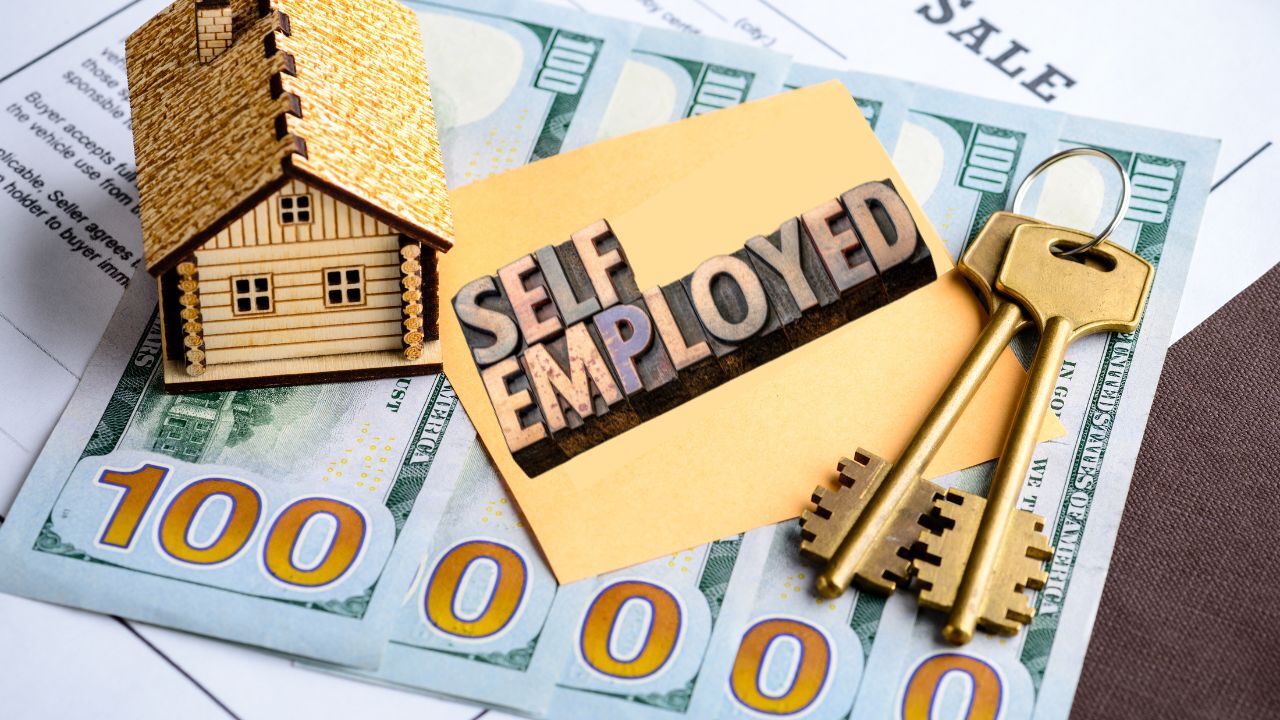Navigating Mortgages as a Self-Employed Professional
 Securing a mortgage as a self-employed professional can be more challenging than for traditional W-2 employees, but with the right preparation and documentation, it is entirely achievable. Here’s a guide to help you navigate the process:
Securing a mortgage as a self-employed professional can be more challenging than for traditional W-2 employees, but with the right preparation and documentation, it is entirely achievable. Here’s a guide to help you navigate the process:
- Document Your Income
Lenders need to assess your financial stability and income consistency. To do this, you’ll need to provide:
- Tax returns for the past two years
- Profit and loss statements
- Bank statements
- Client invoices or contracts
- Consistency is key, so showing steady or increasing income over time strengthens your application.
- Manage Your Tax Returns
Many self-employed individuals minimize their taxable income through deductions, but this can reduce the income lenders consider when evaluating your mortgage application. It’s essential to strike a balance between tax savings and showing sufficient income for loan qualification. - Boost Your Credit Score
A strong credit score can offset some of the challenges associated with self-employment. Pay down debt, make timely payments, and avoid opening new lines of credit before applying for a mortgage. - Increase Your Down Payment
A larger down payment can make you a more attractive borrower. It reduces the lender’s risk and can help you secure better interest rates. - Work with a Mortgage Professional
Partnering with a mortgage originator who understands the unique needs of self-employed borrowers can make a significant difference. They can help you find lenders that specialize in working with non-traditional income streams.
While obtaining a mortgage as a self-employed professional may require additional effort, proper documentation, financial management, and the right guidance can help you achieve your homeownership goals.

 When you take out a mortgage, you commit to a long-term financial obligation. Understanding mortgage amortization can help you make informed decisions about your loan and how your payments impact your financial future.
When you take out a mortgage, you commit to a long-term financial obligation. Understanding mortgage amortization can help you make informed decisions about your loan and how your payments impact your financial future. Creative financing can be an attractive option for sellers, especially those with significant equity. One popular approach is carrying back a second mortgage, where the seller effectively becomes a lender to help the buyer complete the purchase. While this can be a beneficial arrangement, it’s essential to understand the risks and the protections available, particularly regarding lender’s title insurance.
Creative financing can be an attractive option for sellers, especially those with significant equity. One popular approach is carrying back a second mortgage, where the seller effectively becomes a lender to help the buyer complete the purchase. While this can be a beneficial arrangement, it’s essential to understand the risks and the protections available, particularly regarding lender’s title insurance.